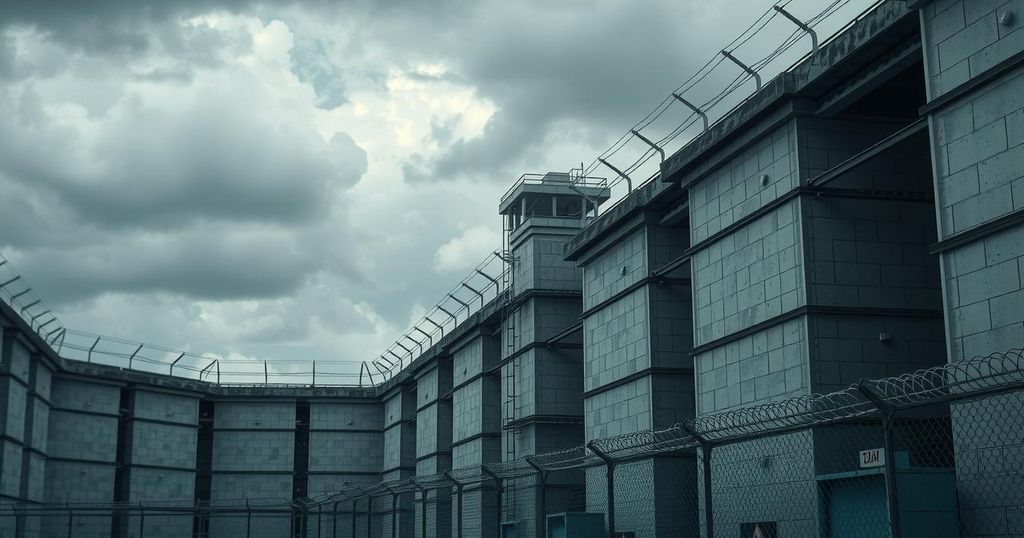Alleged Gang Members Deported by Trump Administration: A Closer Look at Their Stories

The Trump administration has deported over 200 alleged Venezuelan gang members to an El Salvadoran mega-prison, despite many lacking criminal records. Families vehemently deny the gang affiliations of their loved ones and express fears for their safety. Key cases include Maiker Espinoza Escalona, Jose Franco Caraballo Tiapa, Francisco Garcia Casique, Kilmar Armando Abrego Garcia, and Jerce Reyes Barrios, highlighting concerns over human rights abuses and administrative errors in deportation processes.
In recent developments, the Trump administration deported over 200 Venezuelan nationals, suspected of gang affiliations, to a notorious mega-prison in El Salvador. The U.S. Immigration and Customs Enforcement (ICE) indicated that many of those sent lack criminal records, but maintain that their potential threat remains significant due to limited information on them. Families of the deported individuals have denied their gang involvement and expressed fears for their safety.
Maiker Espinoza Escalona was deported on March 30 after immigration authorities detained him seeking asylum in the U.S. Escalona’s family asserts he is not linked to the alleged gang, Tren de Aragua. His mother-in-law stated, “They are liars,” disputing claims that many Venezuelans are gang members.
Jose Franco Caraballo Tiapa, age 26, sought asylum and entered the U.S. with his wife but was detained during a check-in by ICE. Despite having no criminal record, Tiapa was deported on March 15, and his wife fears for his well-being. She noted he had an upcoming immigration court date when he was taken.
Francisco Garcia Casique also found himself detained after attending a routine ICE appointment. Originally from Venezuela where he had no criminal record, he was looking to start a new life in the U.S. After his deportation, his brother described the situation as a nightmare due to their hopes for a better future.
An administrative error led to the deportation of Kilmar Armando Abrego Garcia, a Salvadoran who had legal status in the U.S. He had fled gang violence, was married to a U.S. citizen, and has a young child. His attorneys argue he has no gang affiliations, countering claims of threat posed by the Trump administration.
Jerce Reyes Barrios, a former professional soccer player, faced deportation after entering the U.S., falsely accused of gang involvement due to a tattoo misidentified as gang-related. His family contested the accusations, highlighting his work with children in soccer coaching. Border officials defended the removals, citing various law enforcement methods but concerns regarding the evidence presented remain.
The deportation of these Venezuelan nationals to El Salvador has raised significant human rights concerns. Many families have vehemently denied the allegations of gang affiliation against their loved ones and are worried for their safety in a system known for abuses. The lack of clear evidence regarding their supposed gang ties has prompted scrutiny of the Trump administration’s immigration policies, particularly regarding the treatment of asylum seekers and individuals with established legal statuses in the U.S.
Original Source: abcnews.go.com







